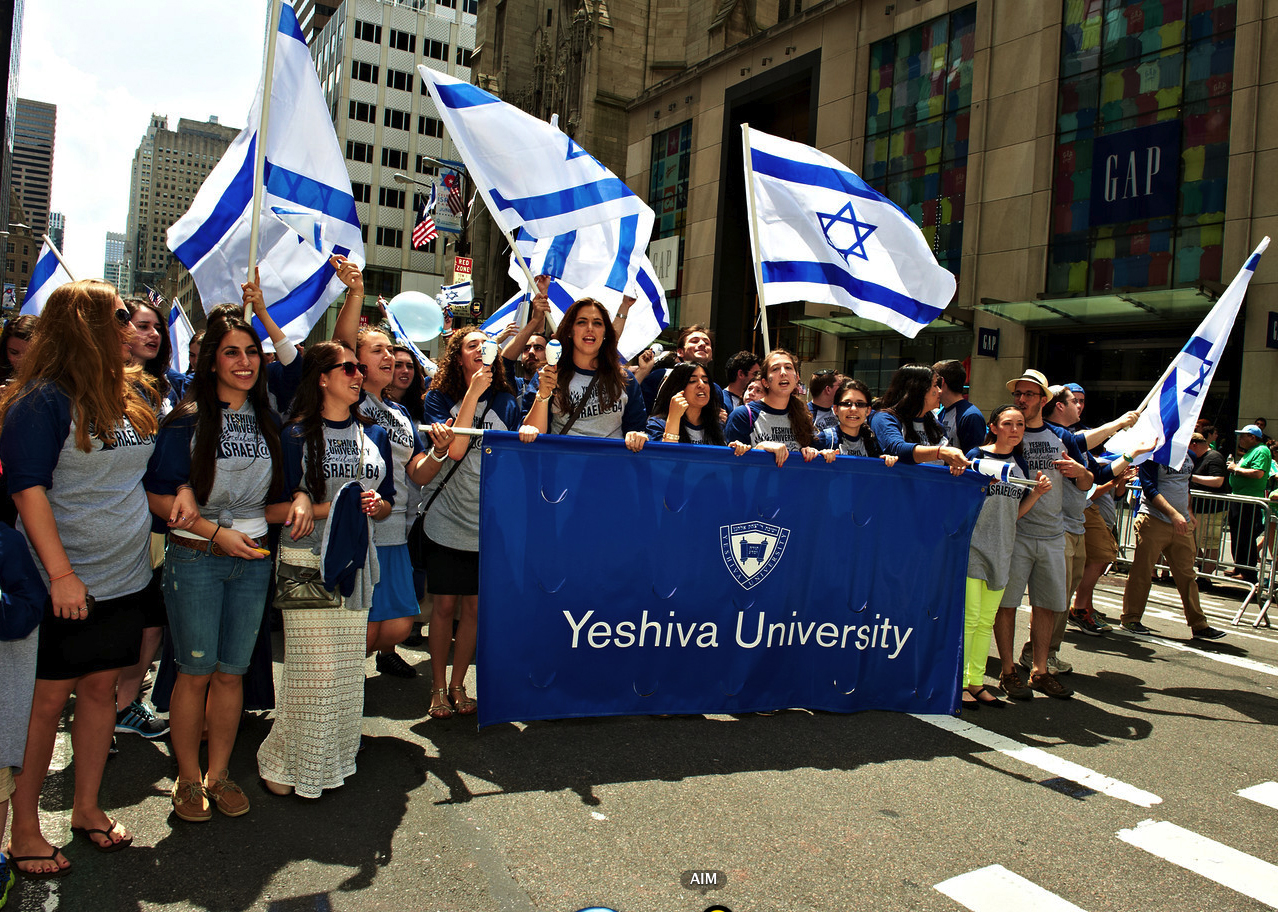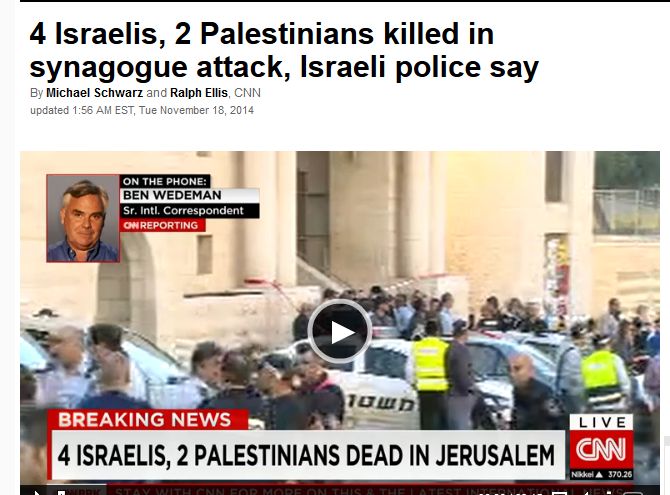
Students at Yeshiva University are not generally attacked for their pro-Israel views and often feel comfortable discussing them publicly. But how about when out and about in the city? When visiting a friend on a secular college campus? In the office of an internship or a job? The discomfort tends to increase as one gets farther and farther away from a comfort zone.
What if you find yourself in a discussion out of your comfort zone and someone asks you if you support the building of settlements in the West Bank (or Judea and Samaria)? Would you yield to what you think the person wants to hear? Would you even have an answer?

It has come to my attention that there is a sense of uncertainty, hesitation, and tension around the topic of showcasing one’s pro-Israel stances in the urban setting of New York City. Some express concerns for their safety. Strong and sometimes scary political opinions have endured from the recent Presidential election. Especially in New York City, with a diverse population of approximately eight and a half million people, one can never feel too confident and safe expressing a pro-Israel viewpoint. I say this because it is not uncommon to hear of acts of intolerance against pro-Israel advocates. But there is a deeper root. As Jewish college students, we hear about attacks against fellow students across the world on various campuses. But psychologically, people don’t really think they will be victimized. So what is it that’s holding these Israel supporters back from expressing themselves?
I think that students feel uneasy to showcase or even openly discuss their pro-Israel views because of a lack of confidence in the information–the cold facts. In a world full of attacks against Israel and loads of controversy all over the news, students can be easily intimidated by all the details. The truth is, however, that this is exactly the reason why it is crucial to stand up and speak out in support of Israel. By attributing these feelings of uncertainty, hesitation, and tension to the topic of Israel, it further strengthens the belief that Israel should not be supported.
Of course, it is crucial to get educated and read up about the very complex issues surrounding Israel and the Middle East, but this information is not required in order to outwardly support Israel. Everyone has the right to express their views. Most students are not majoring in political science or Middle Eastern studies. There should not be an expectation of sophisticated understanding of all the history and laws when it comes to supporting Israel. It is perfectly valid to say “I don’t know”, if someone responds to your pro-Israel stance with something you are unfamiliar with.
If you are seeking information to bolster your pro-Israel knowledge, there are many opportunities both on and off campus. In addition to the many easily accessible websites and YouTube videos, the CAMERA-supported YU Israel Club constantly hosts speakers and events to help broaden our awareness of the topic.

There is a well known saying that “people respect people who respect themselves”. This is very fitting in this context. We must not bend and just say what others want to hear. If we truly support Israel, we must stand up and not hide our views. We must not allow the conversation of Israel to continue with negative connotations. It is up to us to set the tone.
I am not advising stirring up controversy. There truly are situations that are uncomfortable that don’t require confrontation. There are times when a liberal is found in a room full of conservatives and times when a conservative is found in a room full of liberals. In that case, which I have personally experienced, it is of no use to begin to forcefully insert your opinion. There is much tension between the left and right wings when it comes to political associations, but it is absolutely crucial to remember that Israel is a bipartisan issue. Israel is an ally of the United States of America, and there is no use to arguing on this point. The successful way of advocacy is to become associated with spreading truth, not furthering your agenda or feeling the need to get your own personal thoughts out there. This does not have to be a formal debate, we are talking about slowly shifting public opinion. And students play a big role in this.
Average Americans hear about Israel primarily when it is at the forefront of the news. There are terrible inaccuracies about Israel in the media and they determine how Israel is portrayed in the public sphere. Unfortunately, sometimes people that are pro-Israel and know that lies are being spread about Israel are unable to shake the feelings, mentioned above, that are connected with these lies. The way to move past this is by clarifying the point of misunderstanding. Then, there can be an “agree to disagree” conclusion to a discussion. One thing you can do to take action against false reporting is by working with CAMERA which is the Committee for Accuracy in Middle East Reporting in America. This organization works to correct mistakes in media. If you find an inaccuracy you can and should report it. This is taking action.

Only a small percentage of people (about 10%) will be strongly pro-Israel and another small percentage of people (about 10%) will be strongly anti-Israel. The truth is that the majority of people do not have a strong opinion! There is not so much use in trying to influence the opinions of people who are already starkly opposed to supporting Israel, but it is valuable to influence people who hold no opinion.
Many students at Yeshiva University feel pro-Israel and overlook the responsibilities of speaking out their support. It is so crucial to be confident and unapologetic through the city we find ourselves in and the various people around us. Students can make a real difference and change the perception of Israel but to do this, the uncertainty, hesitation, and tension has got to go.
Originally published in the YU Commentator, the student newspaper at Yeshiva University.
Contributed by Emily Firestone, CAMERA Fellow at Yeshiva University
